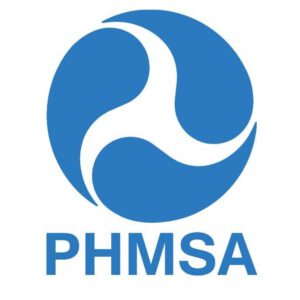
INGAA filed comments on the Pipeline and Hazardous Materials Safety Administration’s (“PHMSA”) interim final rule (“IFR”) concerning Enhanced Emergency Order Procedures, on December 13. PHMSA issued the IFR in response to Section 16 of the Protecting our Infrastructure of Pipelines and Enhancing Safety Act of 2016 (“PIPES Act”), which was signed into law in June 2016. In the PIPES Act, Congress granted PHMSA the power to issue emergency orders across multiple operators without prior notice or the opportunity for a hearing to address “imminent hazards,” which are defined as situations in which there is a “likelihood that death, serious illness, severe personal injury, or a substantial endangerment to health” may occur. The IFR additionally provides examples regarding situations where this new emergency order authority could be used, including (1) where a natural disaster affects many pipelines in a specific geographic region, (2) where a serious flaw has been discovered in pipe, equipment manufacturing, or supplier materials and (3) where an accident reveals a specific industry practice that is unsafe and needs immediate or temporary correction. While the IFR follows the statutory language quite closely, it deviates in a few significant ways. First, the IFR gives PHMSA’s Associate Administrator the power to unilaterally deny a formal hearing request during the petition for review process if an operator fails to state material facts in dispute. Second, the IFR omits certain language from the PIPES Act that confines PHMSA’s emergency order authority so that they can only impose emergency restrictions “to the extent necessary to abate the imminent hazard.” INGAA argued that both provisions need to be brought in line with the language of the PIPES Act, which indicates Congress’ intent. Furthermore, INGAA argued for the inclusion of a provision which would compel PHMSA to personally serve all entities affected by an emergency order. INGAA also advocated for a modification of the procedural schedule for the review process of emergency orders at PHMSA so as to give operators time to adequately prepare for each step in the review process.







